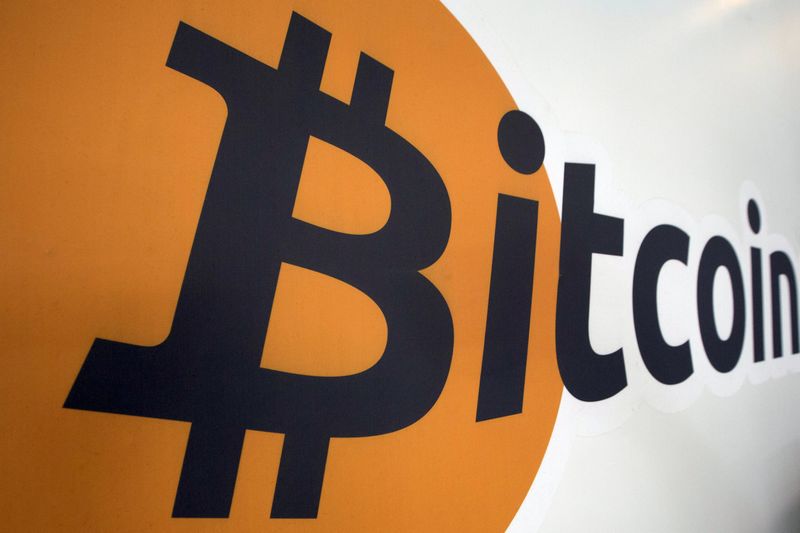February 7, 2025

Utah moved a significant step closer to potentially being the first state in the United States to establish a Bitcoin reserve. The "Strategic Bitcoin Reserve" bill, having successfully passed through the House, is now proceeding to the Senate for consideration. The bill, known as HB230 or the Blockchain and Digital Innovation Amendments bill, was approved by the Utah House Economic Development Committee with an 8-1 vote on January 28.
Introduced by Utah Representative Jordan Teuscher on January 21, the proposed legislation would authorize the state’s treasurer to invest up to 5% of certain public funds into "qualifying digital assets." This includes not only Bitcoin (BTC) but also high-capacity crypto assets and stablecoins. Dennis Porter, founder and CEO of Satoshi Action (WA: ACT ) Fund, expressed confidence that Utah will be the inaugural state to pass such legislation.
The bill's passage through the Senate is the next critical step before it can be presented to the governor, who will then have the option to sign it into law or veto it. This legislative effort in Utah is part of a broader trend across the United States, with several other states considering similar measures.
In Arizona, a comparable bill, the Strategic Bitcoin Reserve Act (SB1025), co-sponsored by Senator Wendy Rogers (NYSE: ROG ) and Representative Jeff Weninger, has already cleared the Senate Finance Committee on January 27 and is awaiting a House vote. Meanwhile, Ohio has seen the introduction of its second Bitcoin reserve bill, and New Mexico has joined the ranks with a legislative proposal (SB57) introduced by Senator Ant Thornton on February 4, which also suggests allocating 5% of public funds to Bitcoin.
However, not all states are moving in the same direction. In North Dakota, House Bill 1184, which aimed to allow state investment in cryptocurrency assets and precious metals, was defeated in the House with 32 votes in favor and 57 against on January 31. As of now, fourteen US states have introduced bills to permit their treasuries to invest in cryptocurrency assets, as tracked by the Bitcoin Reserve Monitor.